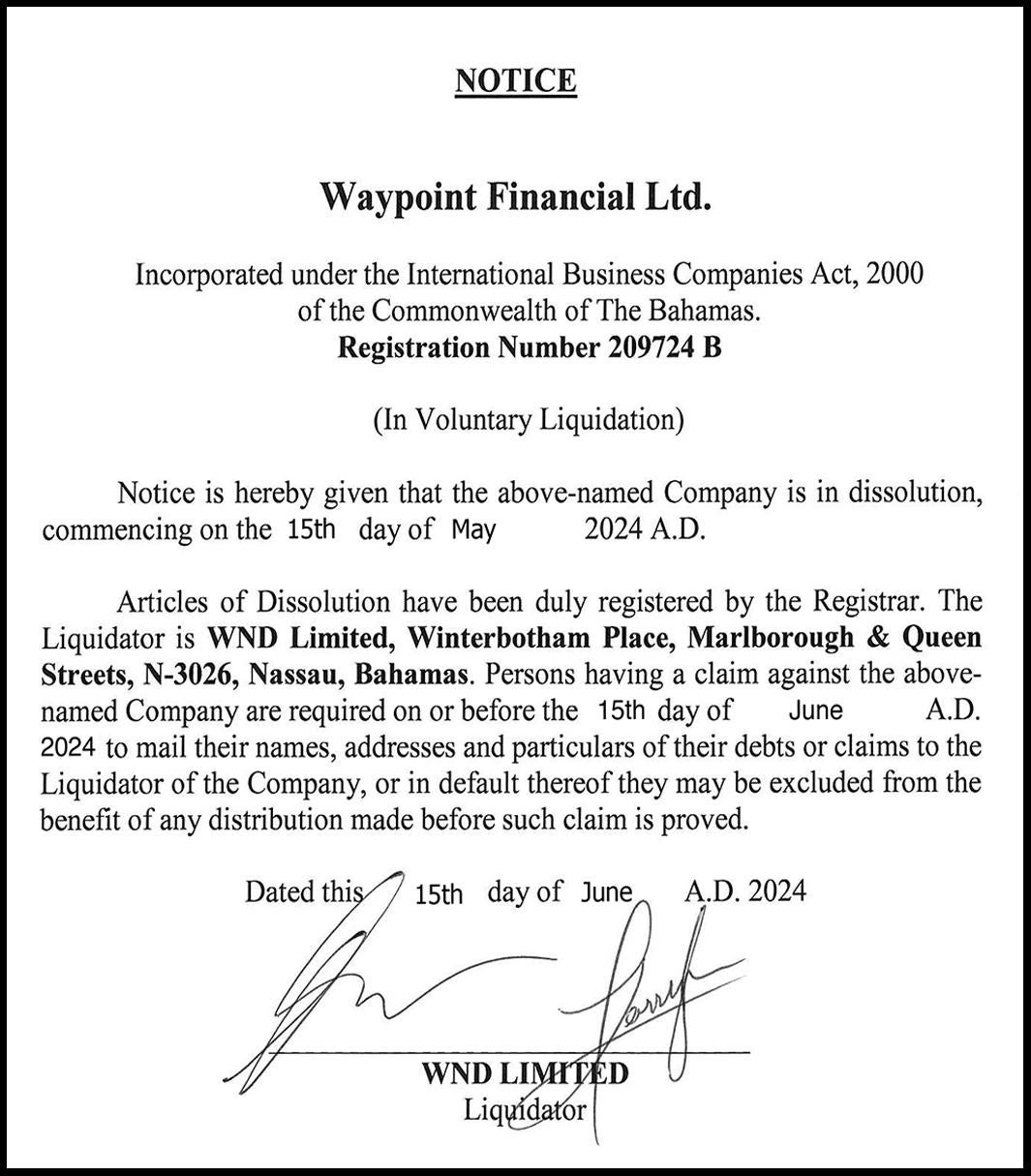Legal experts believe there is a high chance that Coinbase will secure a complete dismissal in its ongoing lawsuit with the US Securities and Exchanges Commission.
According to legal experts familiar with the case, Coinbase stands a good chance of securing a win in its legal battle against the SEC after a court hearing earlier this week.
SEC and Coinbase at Odds Regarding Securities
On Wednesday, a court in New York heard oral arguments on Coinbase’s motion to dismiss the SEC’s lawsuit against the crypto exchange. According to a report by Reuters, in a case closely watched by the entire crypto industry, Judge Katherine Polk Failla hounded both parties about their divergent views on whether and when digital assets are classified as securities. Judge Failla heard arguments from both sides, focusing on legal precedent defining securities and the attributes of several tokens listed on Coinbase and other exchanges which the SEC deemed investment contracts. Notably, Failla asked SEC attorneys to explain why a digital token issuance would meet the Howey test, stating the case was “too broad.”
The SEC filed a lawsuit against Coinbase in June 2023, alleging the exchange facilitated the trade of 13 crypto tokens, which the agency argued should have been registered as securities. The SEC claims Solana (SOL), Cardano (ADA), Polygon (MATIC), Filecoin (FIL), The Sandbox (SAND), Axie Infinity (AXS), Chiliz (CHZ), Flow (FLOW), Internet Computer (ICP), NEAR (NEAR), Voyager (VGX), Dash (DASH) and Nexo (NEXO), are securities.
Coinbase argues that, unlike stocks and bonds, crypto-assets do not meet the definition of an investment contract – a view shared by a great many in the industry.
Legal Minds Reckon Coinbase Will Win its Motion
Following the SEC’s lawsuit, Coinbase filed to dismiss the agency’s entire case. On Friday, Elliot Z. Stein, Bloomberg’s Senior Litigation Analyst, commented on Twitter that after hearing Coinbase’s arguments earlier this week, Coinbase has a 70% likelihood of winning its motion to dismiss the claims made by the SEC. He wrote:
“I went into SEC v. Coinbase hearing thinking $COIN would, on this motion, win dismissal of SEC's primary claims (concerning trading) but maybe not staking and broker claims. I left thinking COIN would win full dismissal.”
Coinbase has endlessly tried to have the SEC’s suit dismissed. Most recently, Coinbase argued that the agency was acting beyond its scope to control all investment activity and extended its definition of what constitutes a security too broadly. In its arguments, Coinbase said:
“The SEC’s authority is limited to securities transactions. Not every parting of capital with a hope of gain qualifies, and trades over Coinbase are only securities transactions if they involve ‘investment contracts.’ The transactions at issue here do not.”
Adding;
“As the SEC now would have it, an investment contract exists if someone parts with capital and expecting that her purchase will increase in value.”
Reuters explains that although the Securities Act of 1933 outlines the definition of “security,” many experts rely on a US Supreme Court case to determine whether an investment product meets the definition of security. Key to determining whether an investment product constitutes a security is whether people are contracting to invest in a joint enterprise with the expectation of profit.
Disclaimer: This article is provided for informational purposes only. It is not offered or intended to be used as legal, tax, investment, financial, or other advice.





